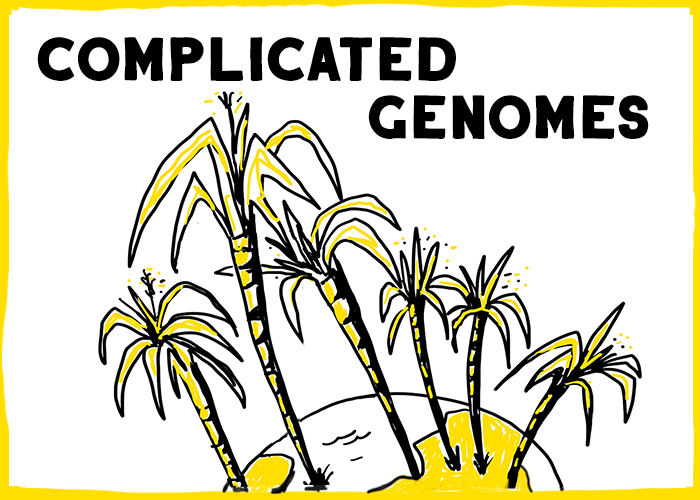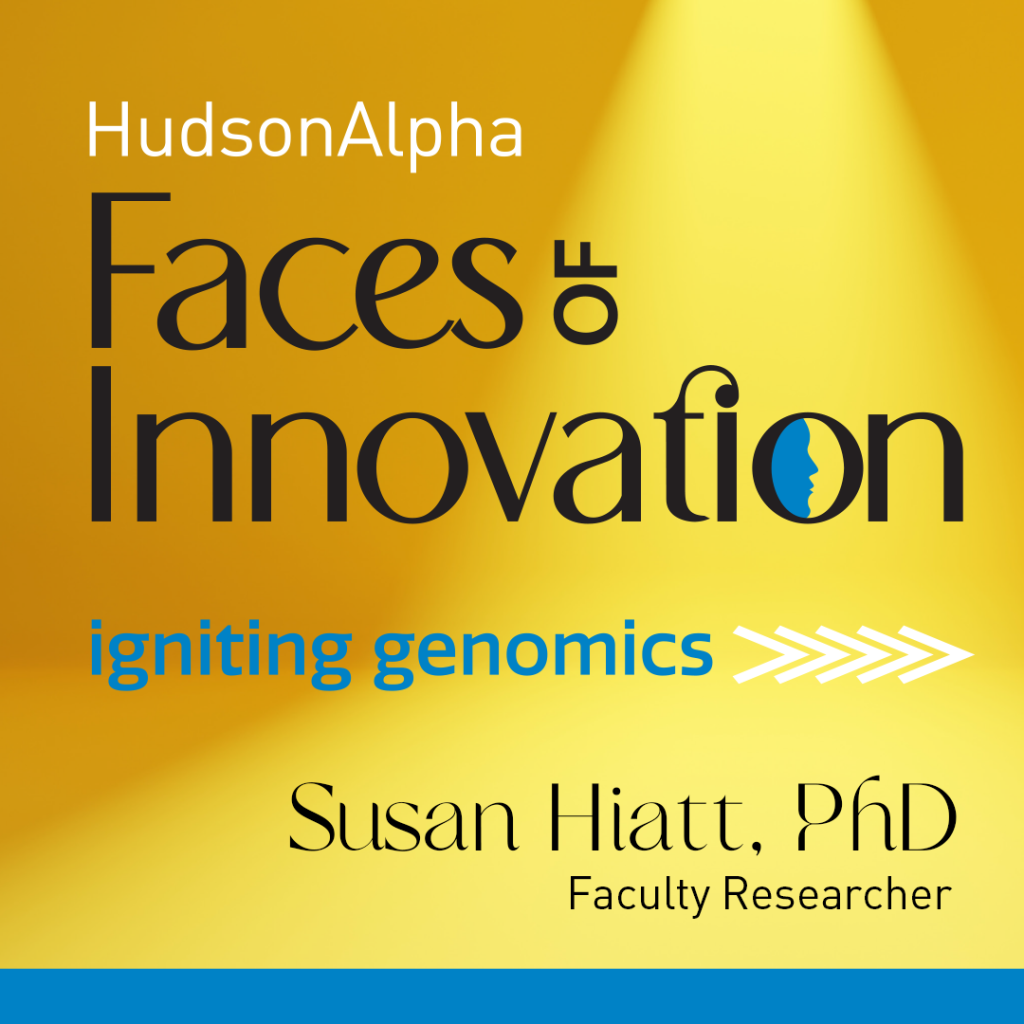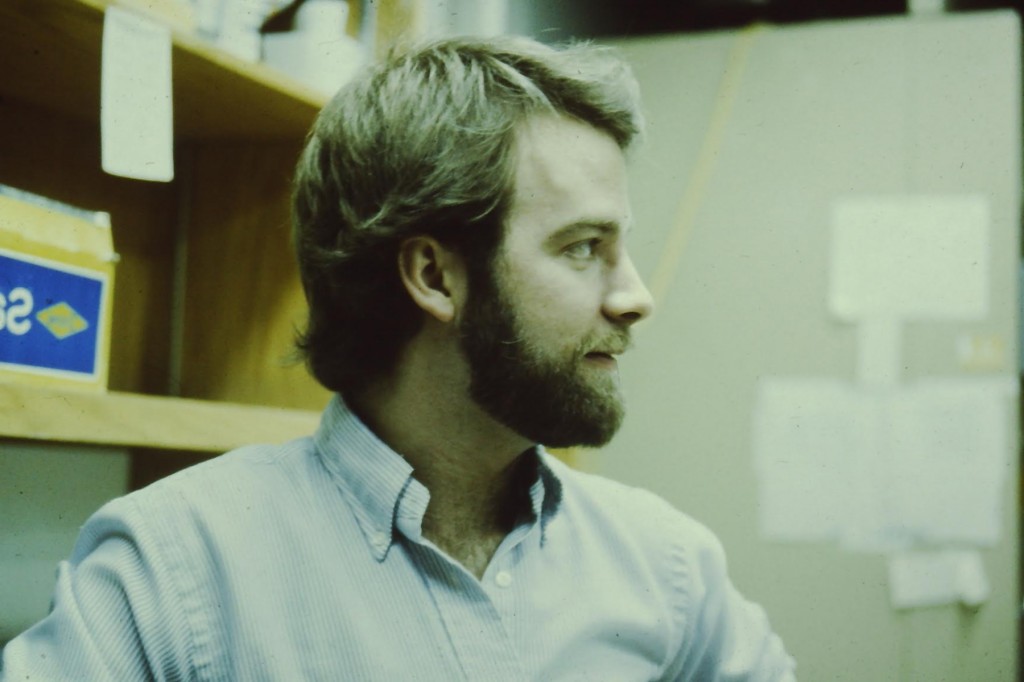 Huntsville, Ala. — World-renowned geneticist Mary-Claire King, Ph.D., known for discovering the BRCA1 gene mutation and its linkage to hereditary breast and ovarian cancer, will present her story of discovery at the HudsonAlpha Institute for Biotechnology Tie the Ribbons luncheon this November.
Huntsville, Ala. — World-renowned geneticist Mary-Claire King, Ph.D., known for discovering the BRCA1 gene mutation and its linkage to hereditary breast and ovarian cancer, will present her story of discovery at the HudsonAlpha Institute for Biotechnology Tie the Ribbons luncheon this November.
The Tie the Ribbons event raises funds to support genomic research at HudsonAlpha in the pursuit of greater understanding of genes that are related to breast and ovarian cancers in the hopes of discovering targeted diagnostics and treatments.
The 2014 Tie the Ribbons event is Monday, Nov. 17, at 11:30 a.m. at the Davidson Center for Space Exploration on the campus of the U.S. Space and Rocket Center. At the event, HudsonAlpha President and Director Richard Myers, Ph.D., will present King with the 2014 HudsonAlpha Life Sciences Prize for career achievement.
“Mary-Claire King’s discovery of genetic linkage in breast and ovarian cancer was a breakthrough for understanding many forms of common disease in addition to cancer,” said Myers. “Not only did Mary-Claire show how inherited mutations contributed to the overall prevalence of breast cancer, the identification of BRCA1 led to a much deeper understanding of how cancer develops, and new strategies for cancer treatment.
“Mary-Claire has also been a tireless advocate for the role of genetics in understanding biology and in addressing important social issues; we are honored to have her here and to recognize her achievements.”
People purchasing a seat or a table for Tie the Ribbons will be invited to a special talk by HudsonAlpha Vice President for Educational Outreach Neil Lamb, Ph.D., on Nov. 6 at 6:30 p.m. at the Jackson Center. Lamb will discuss the history and impact of King’s groundbreaking discovery.
To make reservations for the Tie the Ribbons event go to https://support.hudsonalpha.org/tietheribbons or call 256-327-0422.
Media Contact: Heather Smith
communications@hudsonalpha.org
256-327-9508
About Mary-Claire King: In 1990, while a professor at the University of California Berkeley, Mary-Claire King demonstrated that a single gene on chromosome 17q21, which she later named BRCA1, was responsible for breast and ovarian cancer in many families. Her discovery of BRCA1 revolutionized the study of inherited diseases; the approach she developed to identify BRCA1 has been used in the study of many other genetic diseases and conditions and led to the discovery of BRCA2. The risk of developing breast and/or ovarian cancer is greatly increased in people who inherit a BRCA1 or BRCA2 mutation. Formerly president of the American Society of Human Genetics, King is currently the American Cancer Society Research Professor of Genetics and Medicine at the University of Washington in Seattle. King’s current research applies genomics technologies to the study of complex genetic diseases in humans. Her research focuses on identifying critical genes and their interaction with environmental influences that play a role in the development of conditions such as breast and ovarian cancer, schizophrenia, and hearing loss.
About HudsonAlpha: HudsonAlpha Institute for Biotechnology is a nonprofit institute dedicated to innovating in the field of genomic technology and sciences across a spectrum of biological problems. Its mission is three-fold: sparking scientific discoveries that can impact human health and well-being; fostering biotech entrepreneurship; and encouraging the creation of a genomics-literate workforce and society. The HudsonAlpha biotechnology campus consists of 152 acres nestled within Cummings Research Park, the nation’s second largest research park. Designed to be a hothouse of biotech economic development, HudsonAlpha’s state-of-the-art facilities co-locate scientific researchers with entrepreneurs and educators. The relationships formed on the HudsonAlpha campus allow serendipity to yield results in medicine and agriculture. Since opening in 2008, HudsonAlpha, under the leadership of Dr. Richard M. Myers, a key collaborator on the Human Genome Project, has built a name for itself in genetics and genomics research and biotech education, and boasts 27 biotech companies on campus.
Click to donate to the Breakthrough Breast Cancer Funding Campaign!



